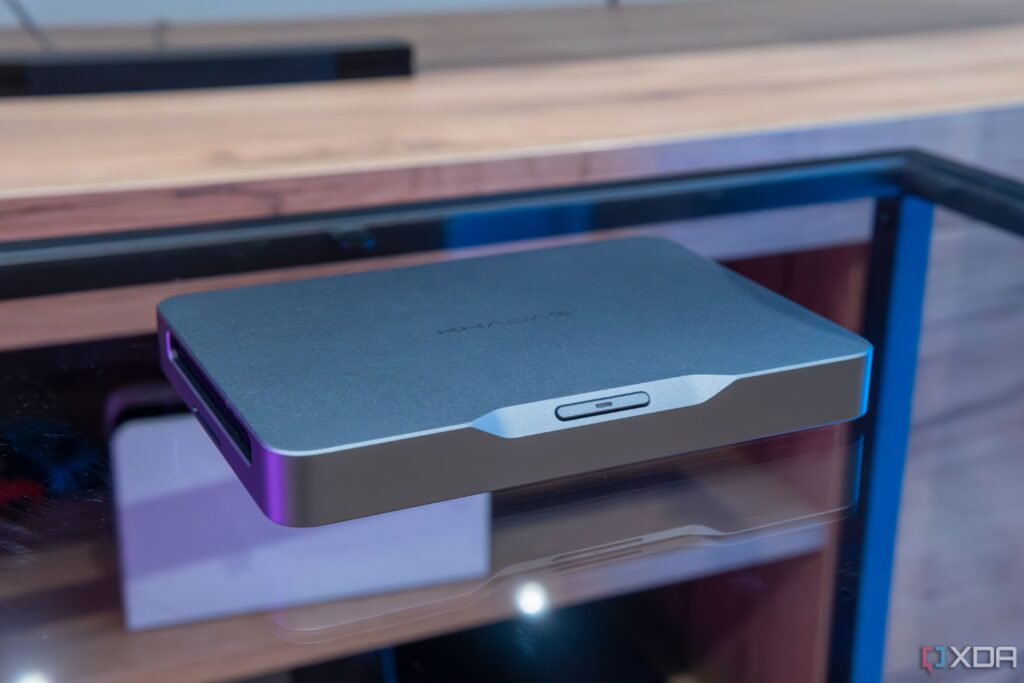
UPDATE: Mini PCs are rapidly gaining recognition as the ultimate testing platform for software experiments, offering flexibility and affordability for tech enthusiasts. As of July 2023, experts are touting their advantages over traditional laptops and desktops, making them a hot topic in the tech community.
Mini PCs, such as the Geekom A6 Mini, priced at just $449, are equipped with powerful components like the AMD Ryzen 7, 32GB of RAM, and a 1TB SSD. This combination provides exceptional performance without the bulk and high costs associated with traditional computers. Tech reviewers emphasize that even budget models can be found for under $200, making them accessible to a wide audience.
What makes mini PCs particularly compelling for software testing? Their small footprint allows users to easily set them up anywhere in the home, whether as a standalone unit or connected to existing monitors and TVs. Unlike laptops, which often require docking stations for peripherals, mini PCs usually come with multiple ports, offering greater connectivity options. This versatility is crucial for those working with various software and applications.
Another major benefit is the ease of repair and upgradeability. Unlike many modern laptops that can be difficult to open and fix, mini PCs are designed with user-friendliness in mind. Most models require only a few screws to access components, allowing users to replace RAM, storage, or even Wi-Fi cards with minimal hassle.
Moreover, mini PCs are energy-efficient, typically running on processors with a TDP of 45W or less, significantly reducing electricity costs compared to standard desktop processors. This efficiency is ideal for users engaging in retro gaming or setting up home labs, where high power consumption is unnecessary.
The growing trend towards mini PCs as a “sandbox” for risky software experiments is also fueled by their ability to isolate from home networks. Users can place these devices in a DMZ (Demilitarized Zone), allowing them to test software and services without compromising the security of their primary systems.
As the tech landscape continues to evolve, mini PCs are set to become a staple for anyone looking to experiment with software in a cost-effective and efficient manner. With their affordability, ease of use, and flexibility, these compact machines are reshaping how people approach software testing.
Stay tuned for further updates as this trend develops, and consider joining the conversation online about your own experiences with mini PCs in software testing!







